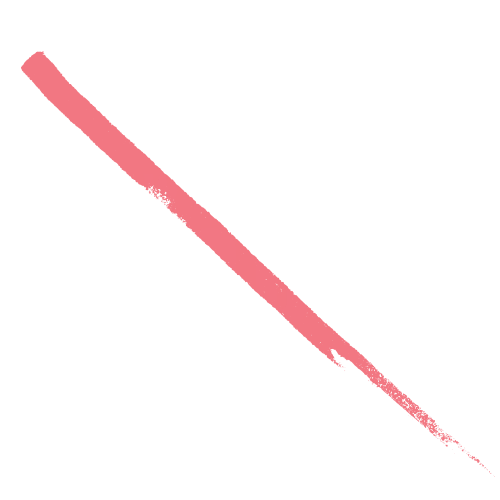Los Angeles Times - 10.23.2017
L.A.’S First Lady: Sexual Abuse Is Everywhere In L.A., And It’s Behind Our Most Challenging Social Problems [article]
By Amy Elaine Wakeland
October 23, 2017
We’ve seen a sickening cascade of headlines about sexual harassment and abuse in the entertainment industry, the media, academia and politics in recent weeks and months.
I am as horrified by the stories I’ve read as I am filled with admiration for the courage of the women who have come forward to tell them. Their bravery has given me and others I know a renewed sense of purpose about the work to be done on behalf of victims who do not yet feel they can come forward. These women may believe they or their loved ones are in imminent danger, or they may be financially dependent on their abusers, whether those abusers live with them or sign their paychecks.
It is obvious now that sexual harassment and violence exist everywhere in our city, from the “casting couches” of Hollywood to downtown’s high-rises, where many female janitors fear for their safety, as was revealed by the 2016 Frontline documentary “Rape on the Night Shift.”
What may not be as obvious are the ways in which violence against women drives many of our city’s most challenging social problems.
More than 85% of incarcerated women are survivors of domestic violence or sexual abuse. They need services that address these traumas if they are to successfully reenter their communities when they are released from prison. Among homeless women, more than 90% are victims of physical or sexual violence, and for most of them, the abuse began when they were children.
Those kinds of statistics demand action. Two years ago, I worked with my husband’s administration, with advocates for women and with philanthropists to expand L.A.’s Domestic Abuse Response Team program. These teams, which used to be available in just 10 of LAPD’s divisions, now operate in all 21. Through this program, victims gain access to shelters and to the social and legal services they need to leave their abusers.
We also have established a similar Sexual Assault Response Team program, to address the unique needs of victims of sexual violence. The teams help survivors get access to medical care, counseling and legal help, which increases the likelihood that the assault will be successfully prosecuted.
We need to do more. In the past eight weeks, as part of the Women’s Leadership Series sponsored by the Getty House Foundation, I have gathered with hundreds of Angelenos to discuss the challenges facing women who are homeless and those who are being released from prison and may become homeless. Since these discussions, the mayor’s office has committed to more than doubling the city’s investment in shelter services for domestic violence survivors and trafficking survivors, from $2.3 million to $5 million. The increase will allow us to provide services to more than 300 additional women.
As we identify new ways to help victims locally, policy shifts in Washington are making the job dramatically harder. Sexual assault reporting among Latinas has plummeted since the beginning of the Trump administration, and many in law enforcement think the decrease is linked to deportation fears among immigrants. Last month, Education Secretary Betsy DeVos dropped Obama-era guidelines regarding how universities handle sexual assault cases, a move that many fear will weaken protections for college women who are raped.
We’ve seen the impact of female solidarity on abusers and the culture that protects them. It is vital to extend that collective power to the most vulnerable among us, bringing to light transgressions against individual women and girls, and bringing to life the programs that will improve their circumstances in every community in our city.

